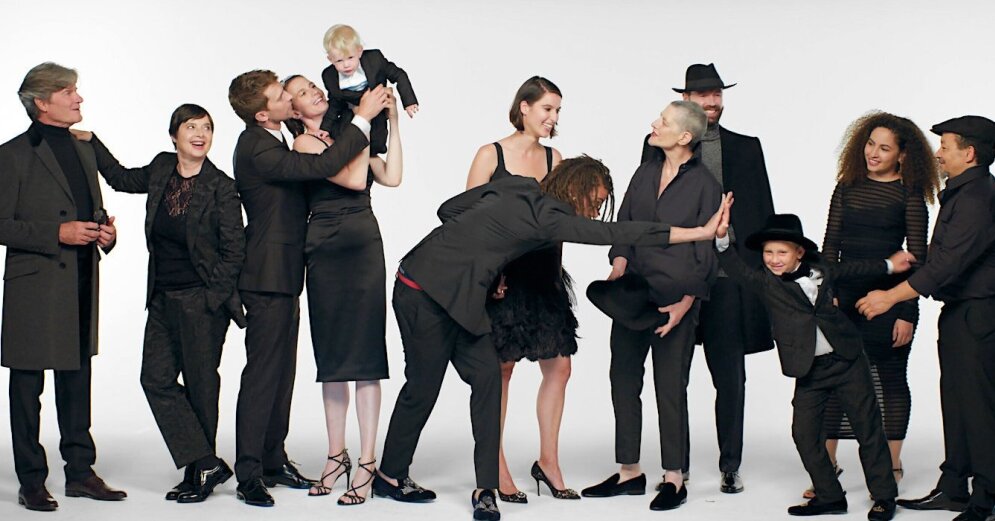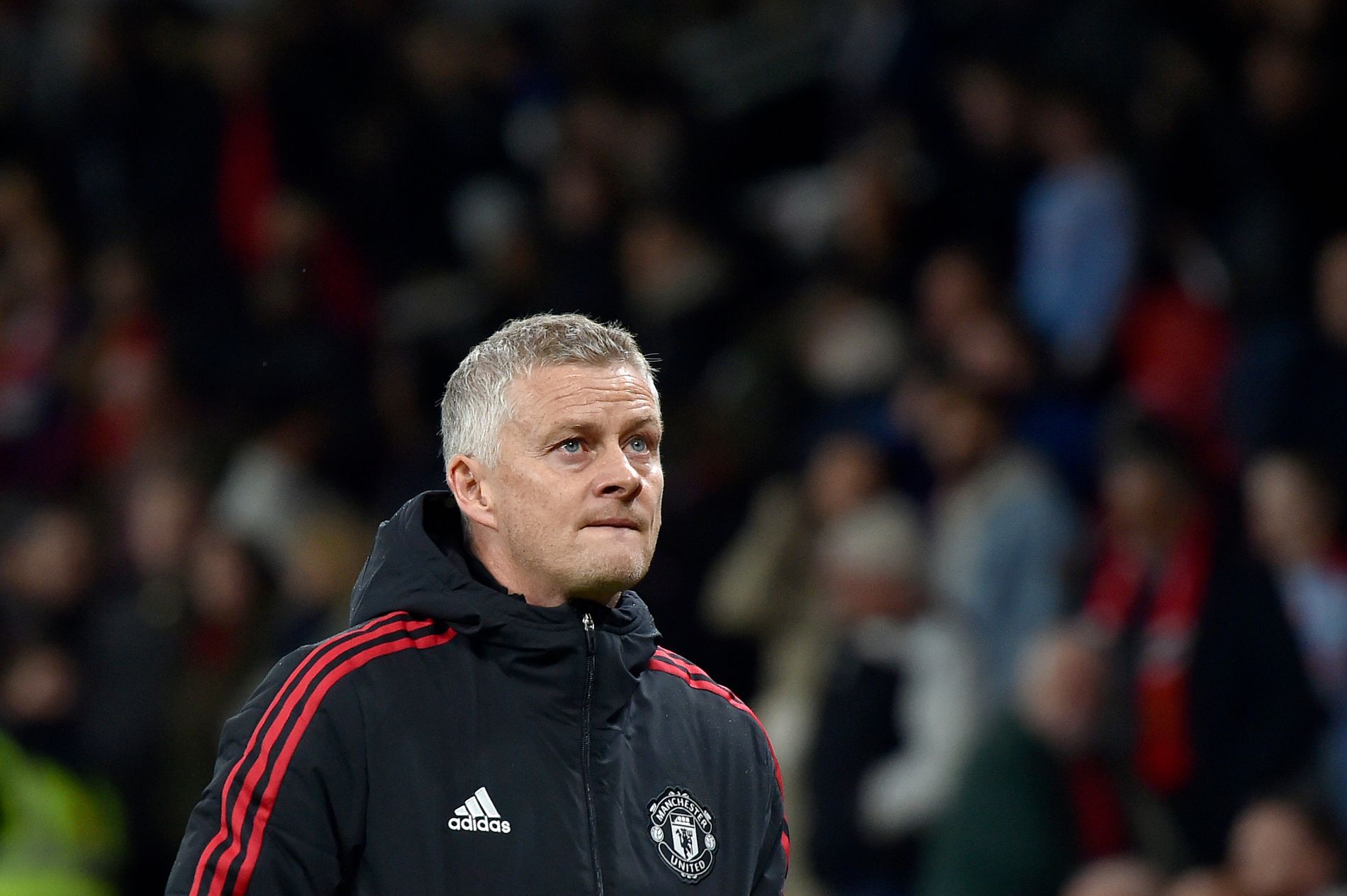The film “I was born Rosellini” (“The Rossellinis”, 2020) had its world premiere at the Venice International Film Festival in 2020, while the Latvian premiere took place on October 14 this year, opening the Riga International Film Festival (Riga IFF). Riga IFF traditionally reveals with a film made in Latvia or co-produced by Latvia, thus paying special attention to local cinema, and “I was born Rosellini” is a really fascinating documentary that has been co-produced by Latvia and Italy.
–
–
Content will continue after the ad
Advertising
–
The film is a very personal, authentic and self-irony-filled story by director Alessandro Rosellini about how he seeks an answer to how much his family is responsible for his personal problems, given that he is the legendary film director Roberto Rosellini (1906-1977). a grandson who has felt the shadow of his grandfather ‘s genius all his life.
This is the full-length documentary debut of Alessandro Rosselini, which has been made with the participation of the Latvian team. The cinematographer of the film is Valdis Celmiņš (cinematographer of such films as “Soul Blower”, “Continuation”, “Nameja’s Ring”, “A Tale of Empty Space”), one of the film’s producers is Uldis Cekulis (founder of the Environmental Film Studio, a film such as “Liberation Day “,” Time Bridges “,” On the Game Latvia “producer), the co – author of the film ‘s script is Dāvis Sīmanis (Riga IFF also premiered his latest film” The Year Before the War “), while color correction was performed by Krišs Roziņš. “I was born Rosselini” has received financial support from the National Film Center, and in 2018 this film was one of the projects that participated in the Baltic Sea Documentary Film Forum.
The film begins with Roberto Rosellini’s funeral scene on June 6, 1977, accompanied by a voice over the curtain. It belongs to the director of the film Alessandro, who uses this film to study what it means to be part of the Rosellini family, namely to grow up in the shadow of genius, to carry his surname, to feel the tension of feeling special, ingenious, gifted, especially in the field of cinema. But Alesandro is not special, he is over 50, he has struggled with drug addiction as well as self-realization, and the making of the film “I was born Rosellini” is a continuation of his therapy. The next scene after the funeral is a meeting at Roberto Rosellini’s grave, and Alessandro notes what has changed during this time, for example, he self-ironically adds that he is no longer a child. The film is a director’s meeting with his aunts and uncles, the daughters and sons of Roberto Rosellini, who now have their own families who continue to bear Rosellini’s name, and this visit and conversation of relatives (in front of the camera) acquires a therapeutic function. The film has another task, not only Alessandro’s therapy session – “I was born Rosellini” helps to bring together at least a part of the Rosellini family, which, as we learn during the film, have not come together for 43 years.
Before trying to define the role of Roberto Rosellini in world and European cinema history, it is worth sketching the twists and turns of his personal life. Roberto Rosellini had three wives, each of whom also had children, for a total of six. On the other hand, children already have grandchildren, so this family is really large and ambitious. Rosellini’s children are also geographically spread over a very wide area, and Alessandro Rosellini visits his aunts and uncle in the United States, Sweden and Qatar. The family communicates with each other in the film, mostly in Italian, with English inserts from time to time, and all members of the family understand and tolerate Alessandro’s film about them, which undeniably complicates communication with each other.
“I Was Born Rosellini” also occasionally reminds me that it is a constructed documentary, showing, for example, a filming team setting up a frame and filming from the sidelines, as Alessandro Rosellini sometimes fights with a phone that he tries to put on a tripod to film himself. themselves by sharing thoughts about what they would have seen or experienced before. In the film we see both staged footage from today, private archive materials, and excerpts from Roberto Rosellini’s own films, and excerpts from Guy Madina and his daughter Isabella Rosellini’s film “My Centennial Father”. By varying in this way between different sources, one of the greatest values of the film is retained: this is a story about a very special, specific family and people who grew up in the shadow of its patriarch, but at the same time it is a universal story about what to do. the people around you, your family and your family are more talented, capable and successful than you. One of the questions the film is looking for an answer to is: how not to feel inappropriate? And that keeps “Born Rosellini” from becoming a relatively predictable biographical documentary, making it a much more understandable, interesting, and personal story that can potentially resonate with the offspring of anyone, not just rich and famous people.
Alessandro’s voice in this film is characterized by curiosity and an undeniable dose of self-irony, as well as a certain courage in finding answers to questions that many do not want to ask at all. One of the most interesting scenes in the film is his conversation with his aunt, actress and model Isabella Rosellini, during which Isabella loses the bit of control that Alessandro is experiencing behind the scenes, but then she plays back, recalling in front of the camera one of the greatest betrayals she has experienced from Alessandro’s hand.
The story of the film’s director is not only a story about how he seeks a way out of the shadow of genius, but it is also a story about how he seeks a way out of a drug addiction in which he has spent a large part of his life. Drug addiction is not outlined in the film, but it is a theme that has accompanied him for a long time and has undeniably affected his relationship with relatives, including Isabella, whom he has betrayed in search of money to alleviate his addiction. Another detail that Alessandro regularly mentions, but which is not further developed in the film, leaving the interpretation on the viewer’s shoulders, is the importance of his skin color and his role in making him feel unsuitable for his family. Alessandro is the son of African-American dancers Catherine Cohen and Renco Rosellini, and he himself is a dark-skinned person who probably wouldn’t seem anything special, but the director himself repeatedly emphasizes his skin color in his curtain text without clearly answering the unspoken question of whether it has an effect on how he feels in his family. This is not the only unanswered and unspoken question that the viewer can look for in his head, other questions of this kind are related to how Roberto Rosellini could have started families with three women at all, if the divorce was not legal at the time, why did she and Ingrida Bergmane’s children could be taken to Italy with their father instead of staying with their mother after the divorce, and so on. At the same time, however, it is very valuable that the film does not go into too much technical detail about laws and their interpretations, as it gives an opportunity to continue to focus on how strong personalities affect the environment around them, because in the end.
In order to enjoy the film “I was born Rosellini”, in-depth knowledge of the role of Roberto Rosellini in the history of world cinema is not necessary, because the most important in the film is sketched. However, I hope that this film can serve as an incentive for those who have not yet become acquainted with the work of this legendary director who changed the history of cinema, to watch one of his films and to get acquainted with the direction of Italian neorealism. As part of the Riga IFF, the film was complemented by a special focus program “The Century of Rosellini”, which offered to get acquainted with the talents of the Rosellini family, including the works of the famous Swedish actress Ingrid Bergmane (Rosellini’s second wife) and their daughter Isabella Rosellini. The festival is now over, but the films remain, and it is never too late to focus on Rosellini’s century.
“I was born Rosellini” would otherwise be on cinema screens at this time, but there are currently plans to show another type of film. I recommend not to miss, the lightness of the film, in terms of complex, multi-layered and long-lasting relationships, which are very tangled, is something really inspiring, even playful. Authentic self-irony is a truly disarming approach to filmmaking, and the result is useful both to learn something new about the history of cinema and to get inspired to look at one’s family and its knots with a possibly different perspective.
–


